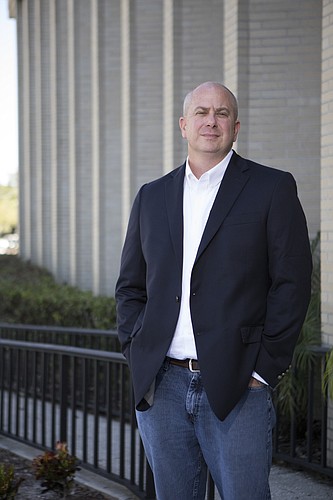- December 13, 2025
-
-
Loading

Loading

Doug Pace and Kevin Hourigan reached dizzying heights of success with their Tampa-based digital marketing firm, Bayshore Solutions.
In 2004, the company received a prestigious Partner of the Year award from Microsoft, and in 2014, after growing 60% over three years, it cracked the Inc. 5000 list, with $7.9 million in annual revenue. Satellite offices in Denver, Miami and Europe followed, and Bayshore’s workforce swelled to more than 120. Hourigan and Pace did so well they bought out other investors in the company.